Mechanical encoders are widely used in industries and DIY projects to measure position, speed, and direction of rotation. They are reliable, cost-effective, and easy to use, making them a popular choice for both beginners and professionals. In this guide, we’ll explore what encoders are, how they work, their applications, and how to choose the right one for your needs. We’ll also include product recommendations, a buying guide, and FAQs to help you make an informed decision.
What is a mechanical encoder?
How Does a Mechanical Encoder Work?
An encoder is a type of rotary encoder that converts the angular position or motion of a shaft into an electrical signal. Unlike optical or magnetic encoders, mechanical use physical contact (like brushes or springs) to detect movement. They are commonly used in applications where simplicity, durability, and cost-effectiveness are key.
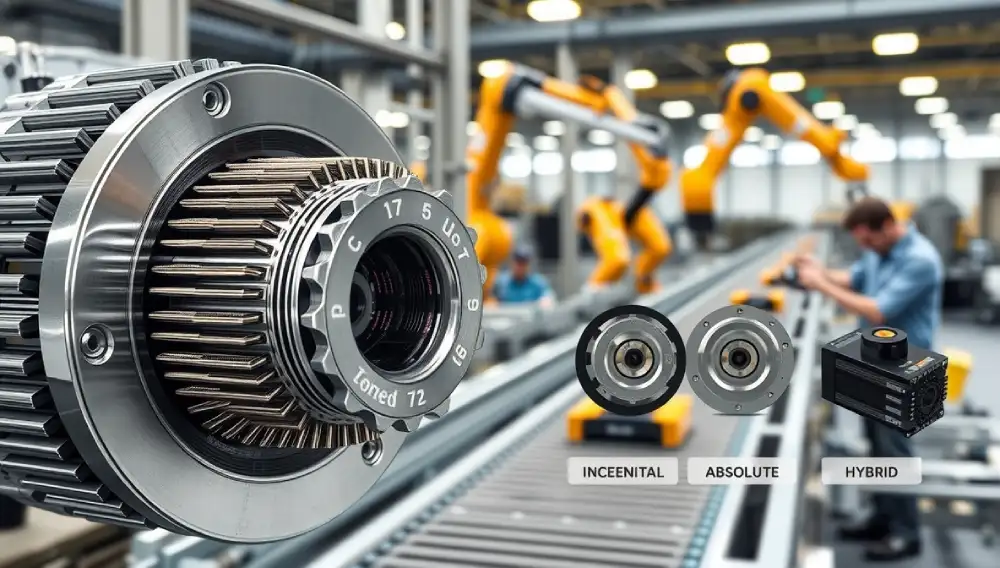
Mechanical typically consists of:
- A rotating shaft.
- A disc with conductive and non-conductive segments.
- Brushes or contacts that slide over the disc.
As the shaft rotates, the brushes make contact with the conductive segments, generating electrical signals. These signals are then processed to determine the position, speed, or direction of rotation.
Types
Mechanical come in two main types:
- Incremental Encoders:
- Measure relative movement.
- Output pulses as the shaft rotates.
- A reference point is required to determine absolute position.
- Absolute Encoders:
- Provide the exact position of the shaft.
- Output a unique code for each position.
- Do not require a reference point.
Why Use?
Mechanical are popular for several reasons:
- Affordability: They are generally cheaper than optical or magnetic encoders.
- Durability: Simple design with fewer components makes them robust.
- Ease of Use: Easy to install and maintain.
- Versatility: Suitable for a wide range of applications, from industrial machinery to DIY projects.
Applications
Encoders are used in various industries and applications, including:
- Industrial Automation: For controlling conveyor belts, robotic arms, and CNC machines.
- Consumer Electronics: In devices like volume knobs and gaming controllers.
- Automotive: For measuring throttle position and steering angle.
- DIY Projects: Hobbyist projects include 3D printers and drones.
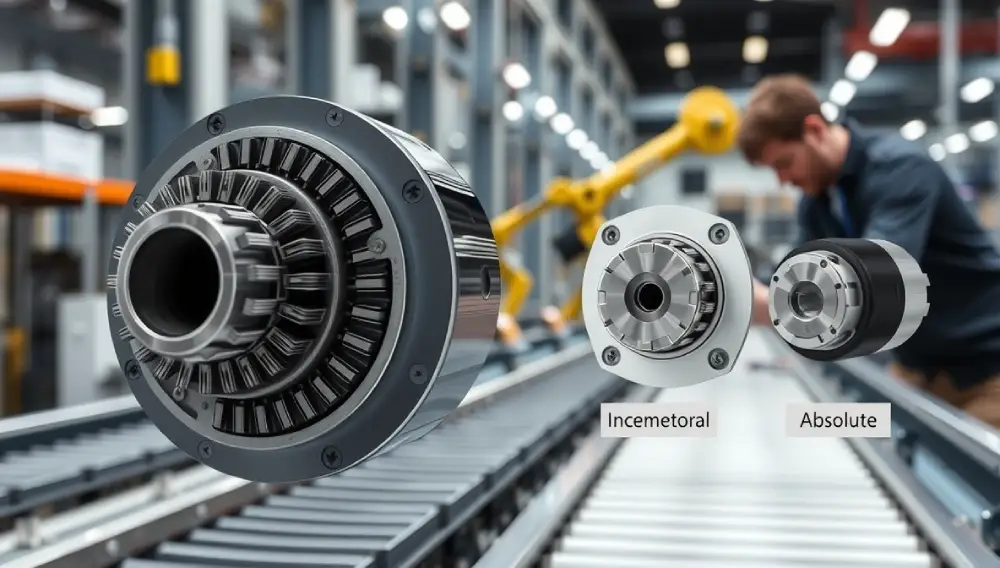
Product Recommendations
Here are some top encoders available on the market:
1. Bourns PEC11 Series
- Pros: Affordable, compact design, easy to integrate.
- Cons: Limited resolution, not suitable for high-speed applications.
2. Grayhill 62AG Series
- Pros: High durability, excellent for industrial use.
- Cons: Slightly bulkier, higher cost.
3. ALPS ALPSALPINE EC12 Series
- Pros: Smooth operation, good tactile feedback.
- Cons: Limited lifespan in high-use environments.
4. Omron E6B2-CWZ6C
- Pros: High resolution, reliable performance.
- Cons: More expensive, requires careful installation.
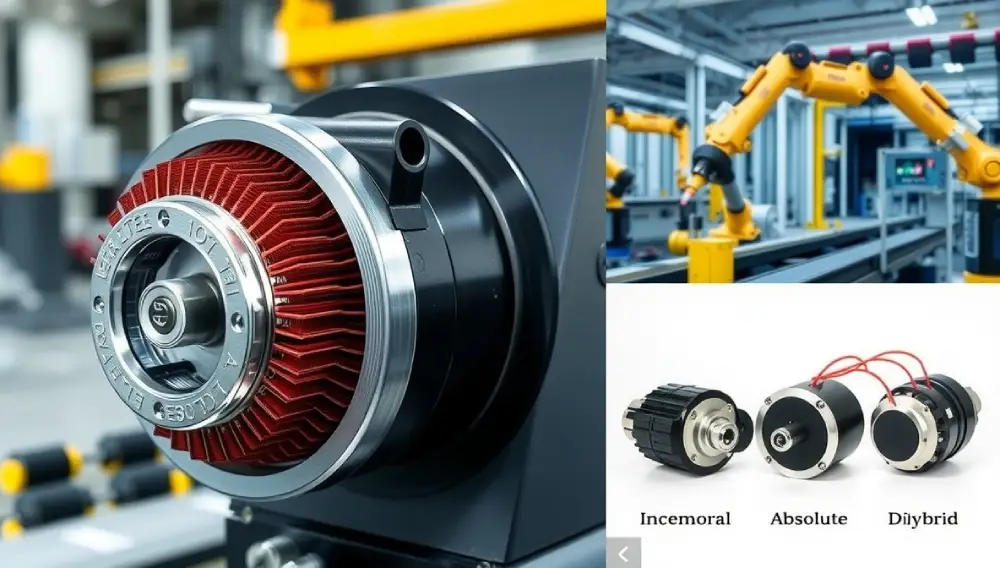
Buying Guide
Choosing the right mechanical depends on your specific needs. Here are some factors to consider:
1. Resolution
- Higher-resolution encoders provide more precise measurements but may cost more.
2. Durability
- For harsh environments, choose encoders with robust construction and sealed designs.
3. Ease of Installation
- Look for encoders that are easy to install and integrate with your existing system.
4. Budget
- encoders are generally affordable, but prices can vary based on features and quality.
5. Application
- Consider the specific requirements of your application, such as speed, accuracy, and environmental conditions.
Personal Experience
I recently used the Bourns PEC11 Series in a DIY robotics project. Its compact size and affordability made it a great choice for my budget. The installation was straightforward, and it performed well in controlling the robot’s arm movements. However, I noticed that it wasn’t ideal for high-speed applications, so I had to adjust my project’s requirements accordingly.
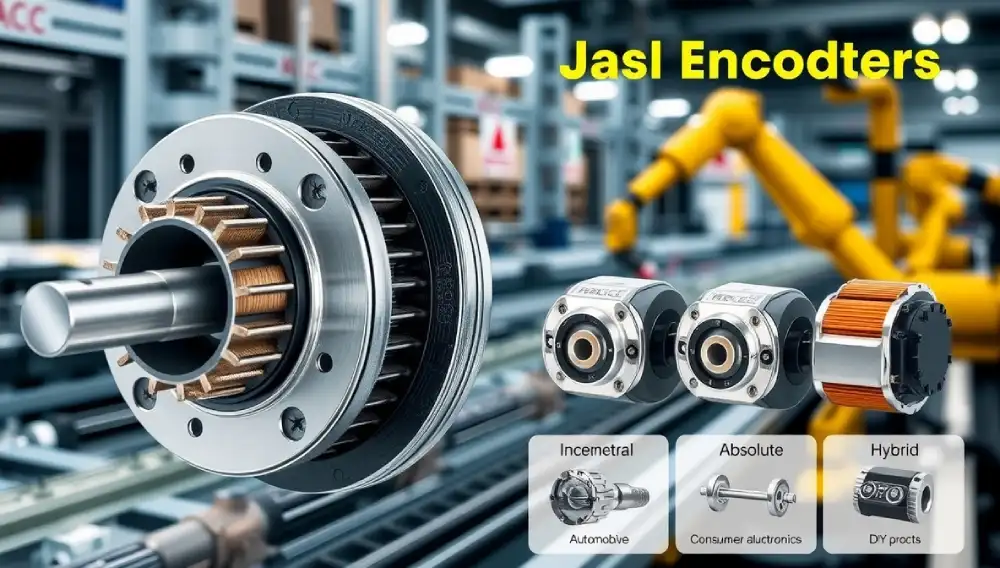
FAQs
1. What is the difference between an encoder and an optical encoder?
- Encoders: Use physical contact to detect movement. They are durable and cost-effective but may wear out over time.
- Optical Encoders: Use light to detect movement. They offer higher resolution and accuracy but are more sensitive to dust and debris.
2. Can mechanical encoders be used in high-speed applications?
- encoders are generally better suited for low to medium-speed applications. For high-speed applications, optical or magnetic encoders are recommended.
3. How do I maintain an encoder?
- Regularly clean the encoder to remove dust and debris. Check the brushes and contacts for wear and replace them if necessary.
4. What is the lifespan of an encoder?
- The lifespan depends on usage and maintenance. With proper care, a mechanical can last several years.
5. Are encoders waterproof?
- Most mechanical are not waterproof. If you need a waterproof encoder, look for models with sealed designs or consider alternative types like magnetic encoders.
Conclusion
Mechanical are reliable, cost-effective, and easy-to-use devices that play a crucial role in many applications. Whether you’re working on an industrial project or a DIY hobby, understanding the basics of encoders can help you choose the right one for your needs.
By considering factors like resolution, durability, and application requirements, you can find the perfect encoder to achieve precise motion control. With the right mechanical encoder, you can enhance the performance and accuracy of your projects.
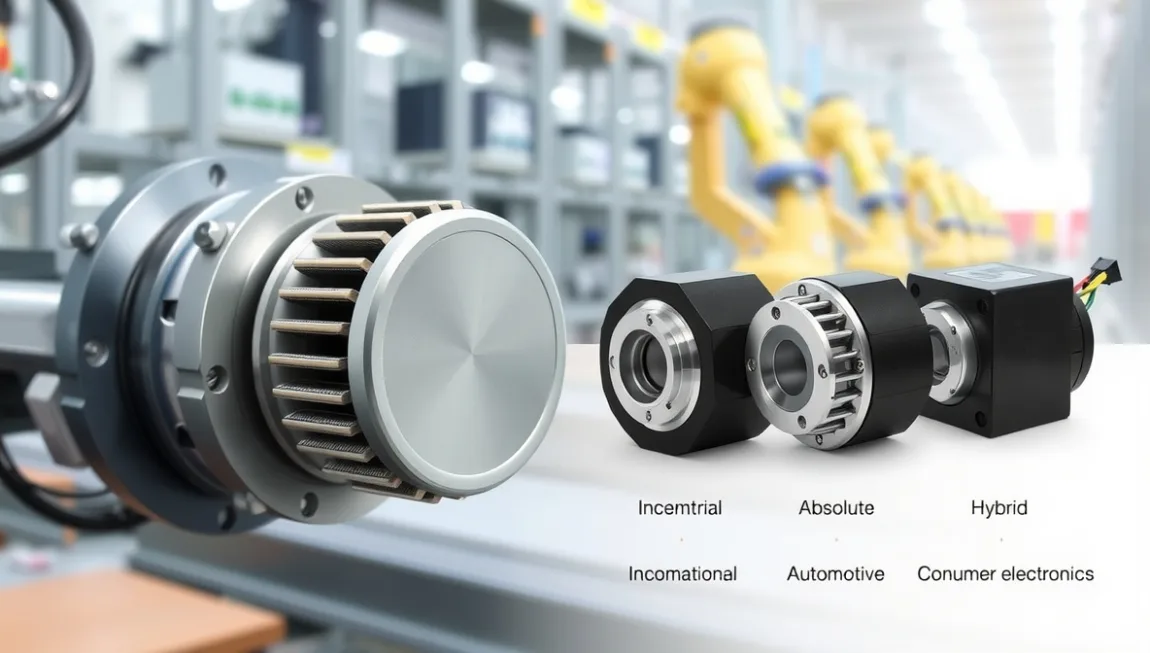

1 thought on “The Best Mechanical Encoders”